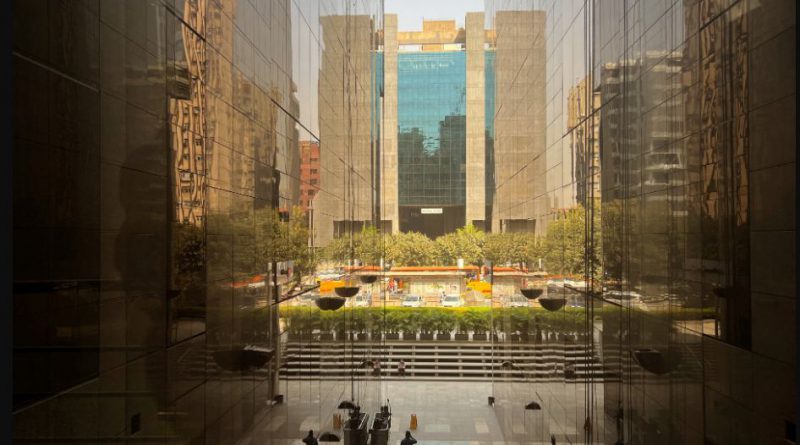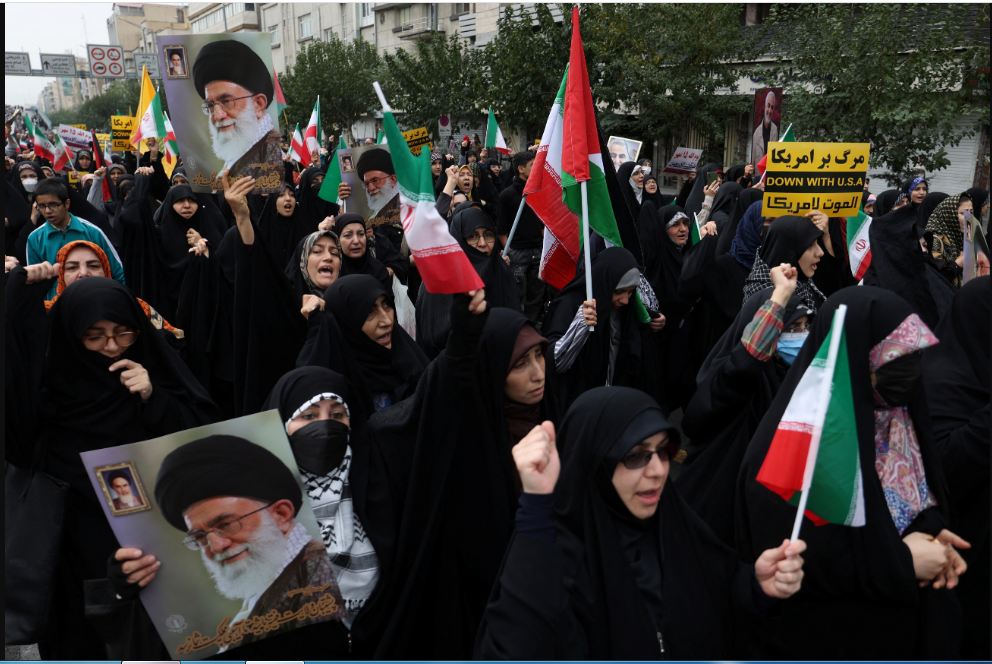India’s Economy surges with fastest growth in a year, propelled by strong services activity
Reuters
This once again makes India the fastest growing major economy, a position the country is likely to maintain for several years.
India’s economy grew at its fastest pace in a year in the June quarter, supported by strong services activity and robust demand, data released by the government showed on Thursday.
Gross domestic product expanded 7.8% on an annual basis in the April to June quarter, accelerating from the 6.1% growth recorded in the March quarter and topping a 7.7% forecast in a Reuters poll.
It was also the highest reading since the equivalent period of 2022, when growth stood at 13.1%.
Commentary:
Radhika Rao, Senior Economist, DBS Bank, Singapore
“The economy’s growth at 7.8% in 1QFY24 was amongst the fastest versus its regional peers, benefitting by a sharp jump in the government capex expenditure, firm services momentum and better consumption, besides a favourable base. External trade was in a soft spot, reflecting the impact of weak global forces. A strong growth print provides the room for the RBI to be focused on anchoring inflationary expectations.”
Vivek Kumar, Economist, Quanteco Research, Mumbai
“Acceleration in India’s GDP growth to 7.8% Y/Y in Q1FY24 is along expected lines. This was single-handedly driven by recovery in private consumption, even as other demand side drivers showed moderation. Meanwhile, reflecting slowdown in global trade, exports contracted on annualized basis for the first time in 10 quarters.
“On the supply side, services continue to outpace industry performance with strong traction in contact-intensive activities along with finance and real estate services.”
“While this is comforting, we do believe Q1 would mark the peak in near term growth trajectory, with successive quarterly numbers printing lower. We maintain our FY24 GDP growth to moderate to 6.0% (with a mild upside risk) from 7.2% in FY23 on account of lagged impact of past monetary tightening, adverse spillover from global slowdown, uncertainty related to monsoon performance, and waning of pent-up demand.”
Madhavi Arora, Lead Economist, EMKAY Global, Mumbai
“While the April-June quarter growth print is in line with our expectations, the growth mix was a bit of a surprise. Ideally, the Y/Y fall in commodity prices should have boosted manufacturing firms’ operating profits and thereby lifted the value-added-growth of manufacturing sector. Thus, the disappointment on that front was surprising.”
“On the other hand, strong government capex and credit growth expectedly led to double-digit construction sector growth and financial services growth respectively. While we retain our FY24E GDP growth at sub 6%, we recognise economic activity recovery is not yet broad-based.”
Sakshi Gupta, Principal Economist, HDFC Bank, Gurugram
“GDP growth was in line with our expectations, growing at 7.8% in Q1. Within major sectors, services continued to drive overall growth, although there seem to be some signs now that contact-intensive services — that were a major support so far — are beginning to moderate.”
“Manufacturing growth at 4.7% was broadly in line with the trend seen in high-frequency indicators and lower input costs continue to benefit corporate profitability. Going forward, risks to growth have increased, both from weather-related disturbances and as external headwinds — in terms of slower growth — remain high.”
Devendra Kumar Pant, Chief Economist, India Ratings & amp; Research, Gurugram
“1QFY24 GDP growth was on expected lines. Important trends – PFCE growth at 6% (a three-quarter-high) on a high base of 19.8% growth in 1QFY23, 8% GFCF growth on a high base of 20.4% in 1QFY23, and strong services growth. First-quarter agriculture gross value added (GVA) is dependent on the previous fiscal’s agriculture performance. The pressure point is likely to emerge from agriculture and continued weakness in exports. However, the strong services growth momentum is likely to strongly support GDP growth in FY24.”
Sachchidanand Shukla, Group Chief Economist, Larsen & Toubro,Mumbai
“Q1 GDP numbers (are) broadly in line with expectations, with a confirmation of weakness on the consumption side and with El Nino impact yet to reflect on agri/rural and discretionary consumption. But importantly, while from a year-on-year perspective this seems a peak for GDP numbers, from an absolute output perspective the numbers will actually be going up each subsequent quarter for the remainder of FY24.”
Sujan Hajra, Chief Economist & amp; Executive Director, Anand Rathi Shares And Stock Brokers, Mumbai
“India’s GDP growth in Q1FY24 at 7.8% was a tad below our expectations of 8%. This once again makes India the fastest growing major economy, a position the country is likely to maintain for several years. Yet, we do not expect this pace to continue for the rest of the year and see the yearly growth at 6.2%. But that, too, is very good performance against the current global backdrop.”
“We expect consumption to remain resilient and net exports to improve during the year but still remain a drag. We expect slowdown in investment. But this is likely to recover in FY25. With strong growth and elevated inflation, the RBI would be hard-pressed to tighten monetary policies. If retail inflation does remain high in August, we would expect a symbolic rate hike.”
Garima Kapoor,Economist, Institutional Equities, Elara Capital, Mumbai
“Economic activity in Q1 FY24 at 7.8% was boosted by a continued uptick in urban centric services demand, and improved investment activity, led mainly by government. We see FY24 GDP growth at 6.2-6.3%.
In the near term, the following factors are likely to appear as key risks to India’s growth:
1) Uneven rainfall and weak August rains are likely to impact kharif yield and rabi sowing, thereby impacting rural demand and overall inflation
2) Interest rates are likely to remain elevated for longer amid rebound in food prices and fear of generalisation of inflation expectations
3) Slowing exports (both merchandise and services) as global demand moderates and the Indian rupee remains strong versus Asian peers putting pressure on competitiveness.”


